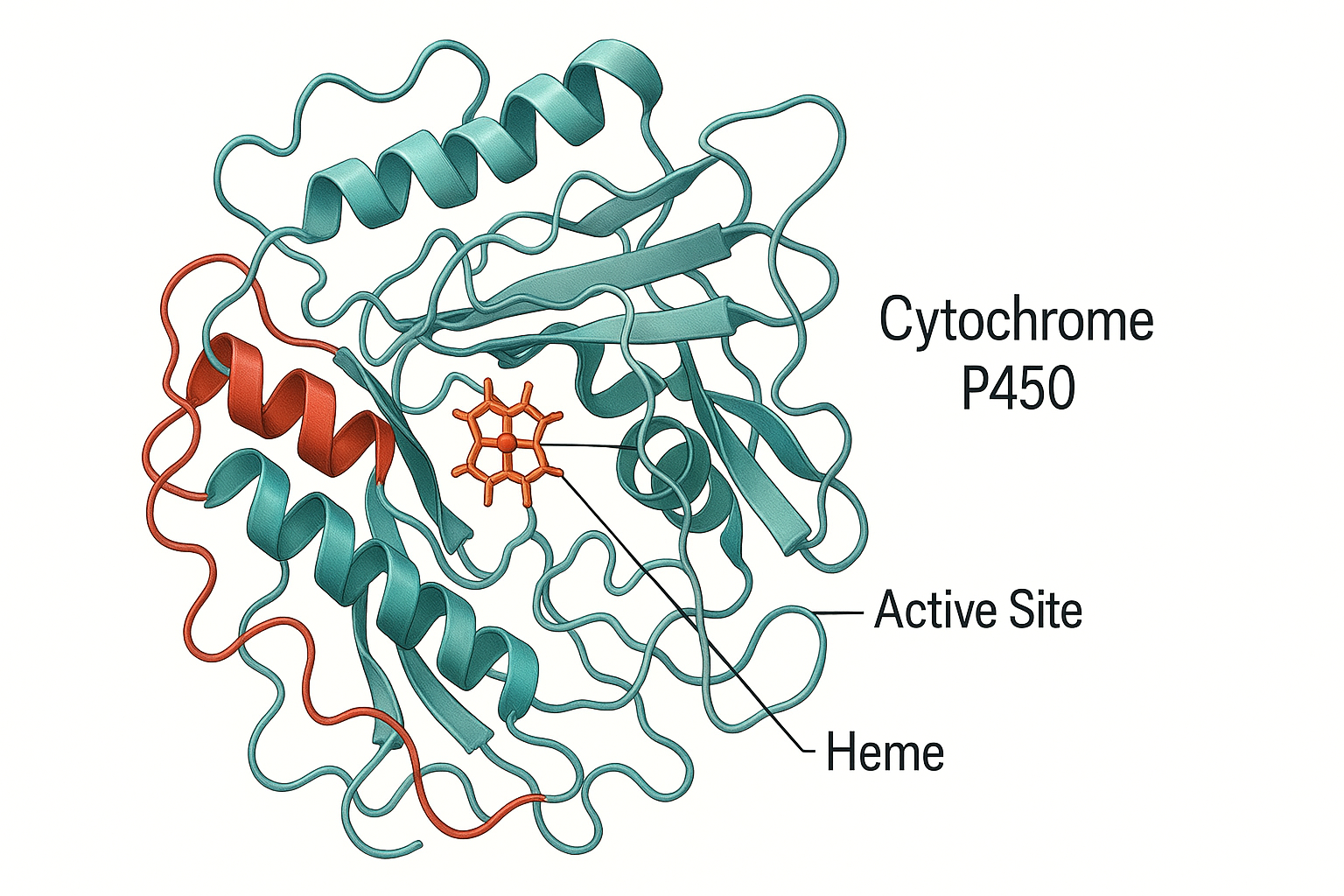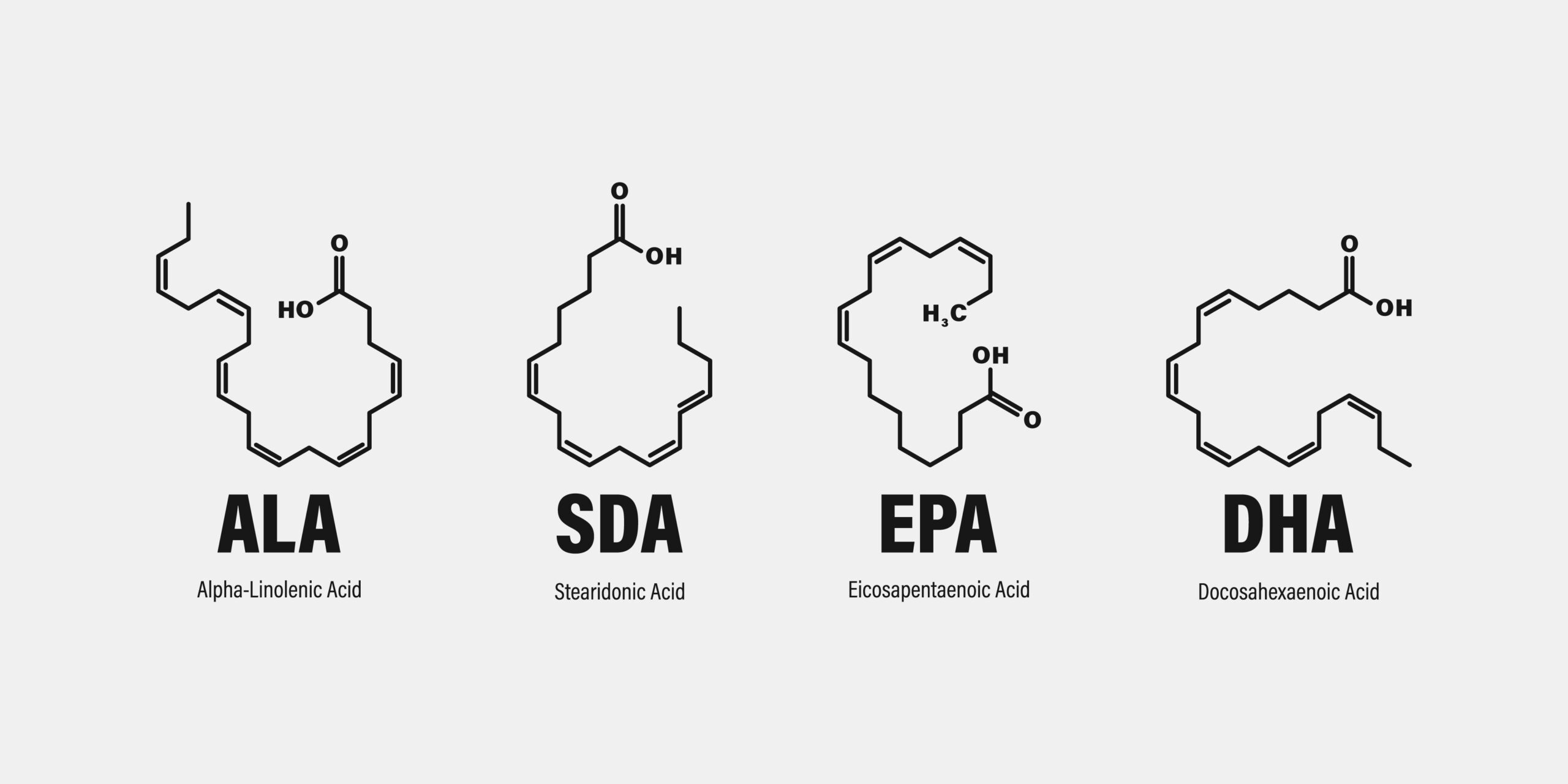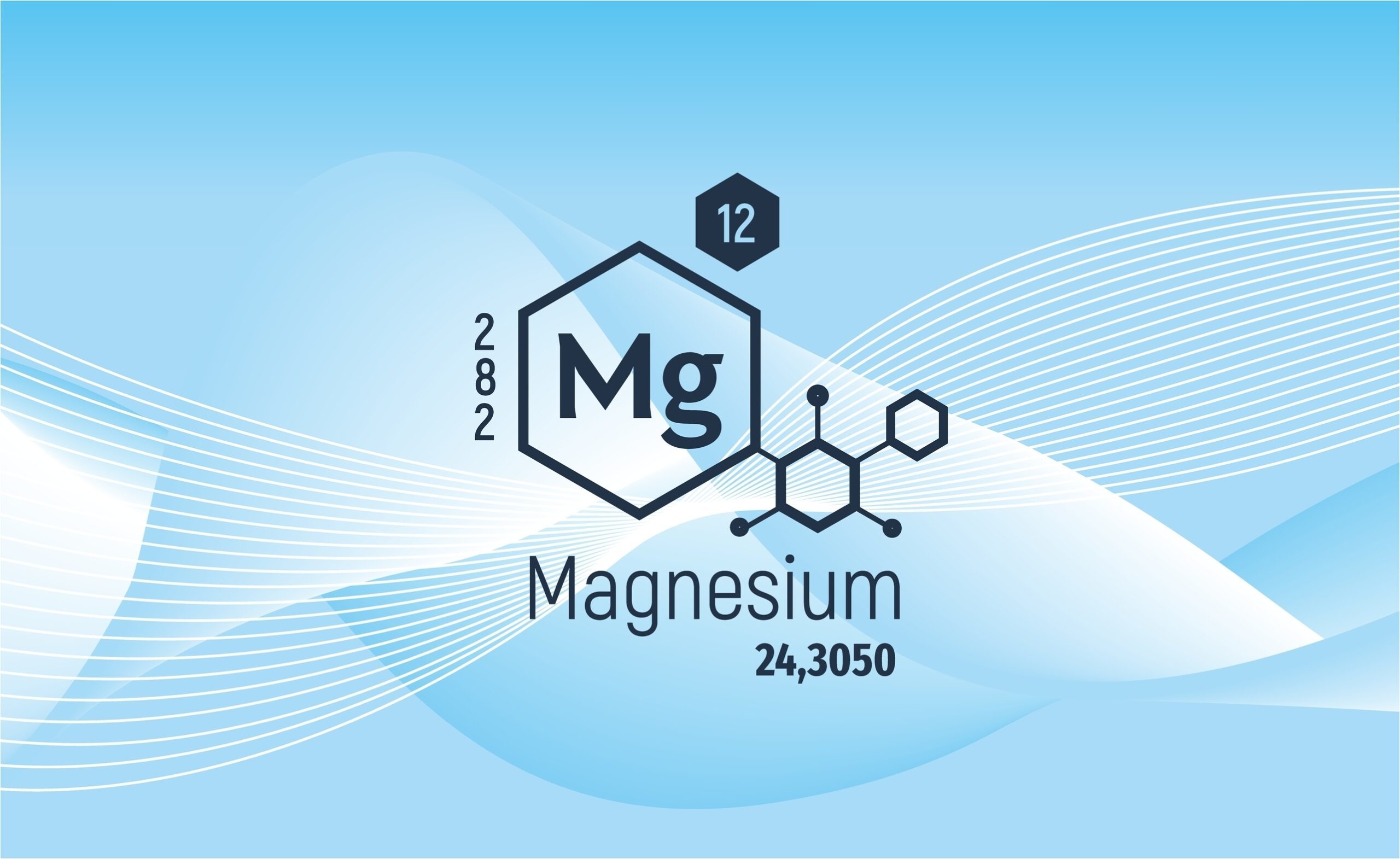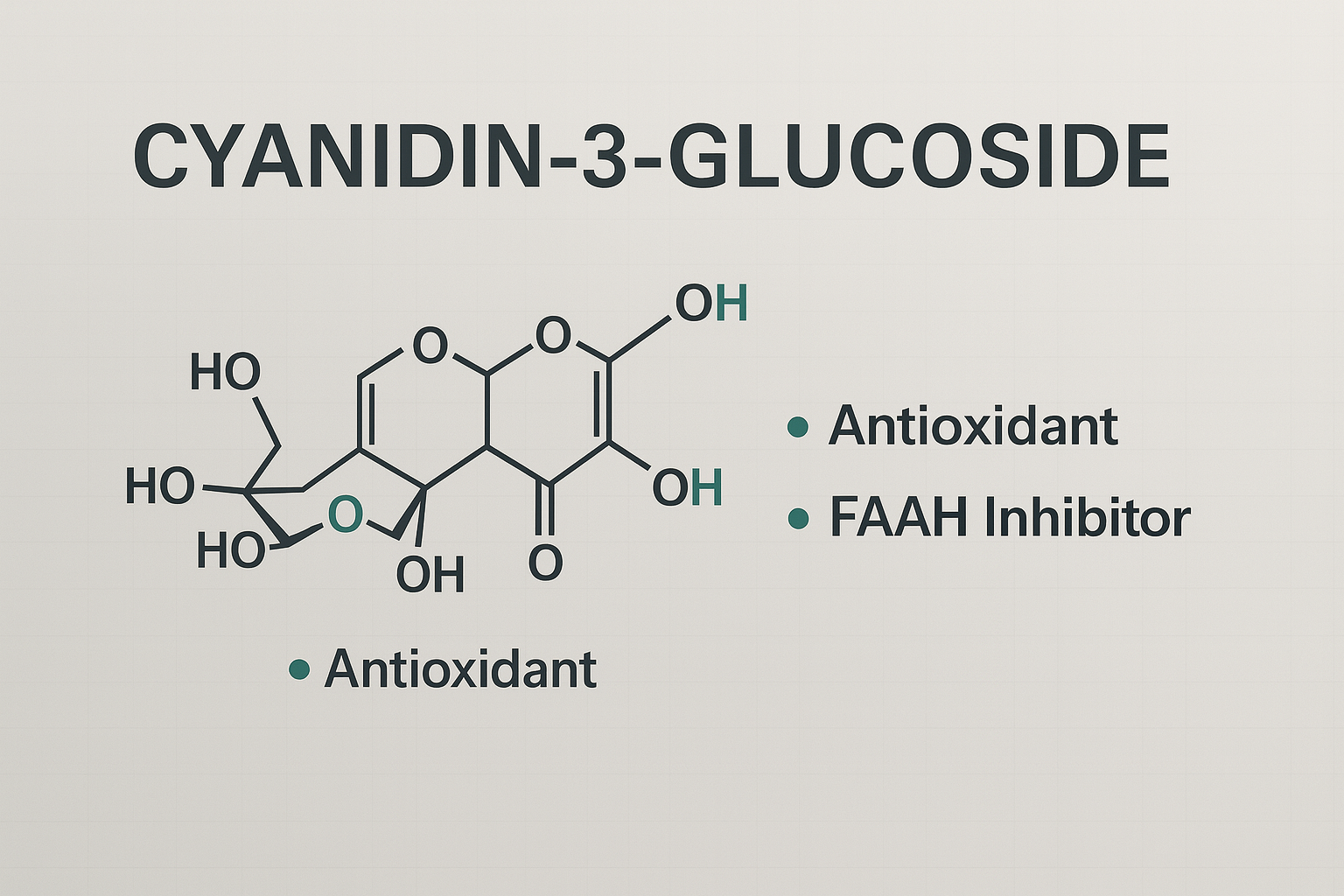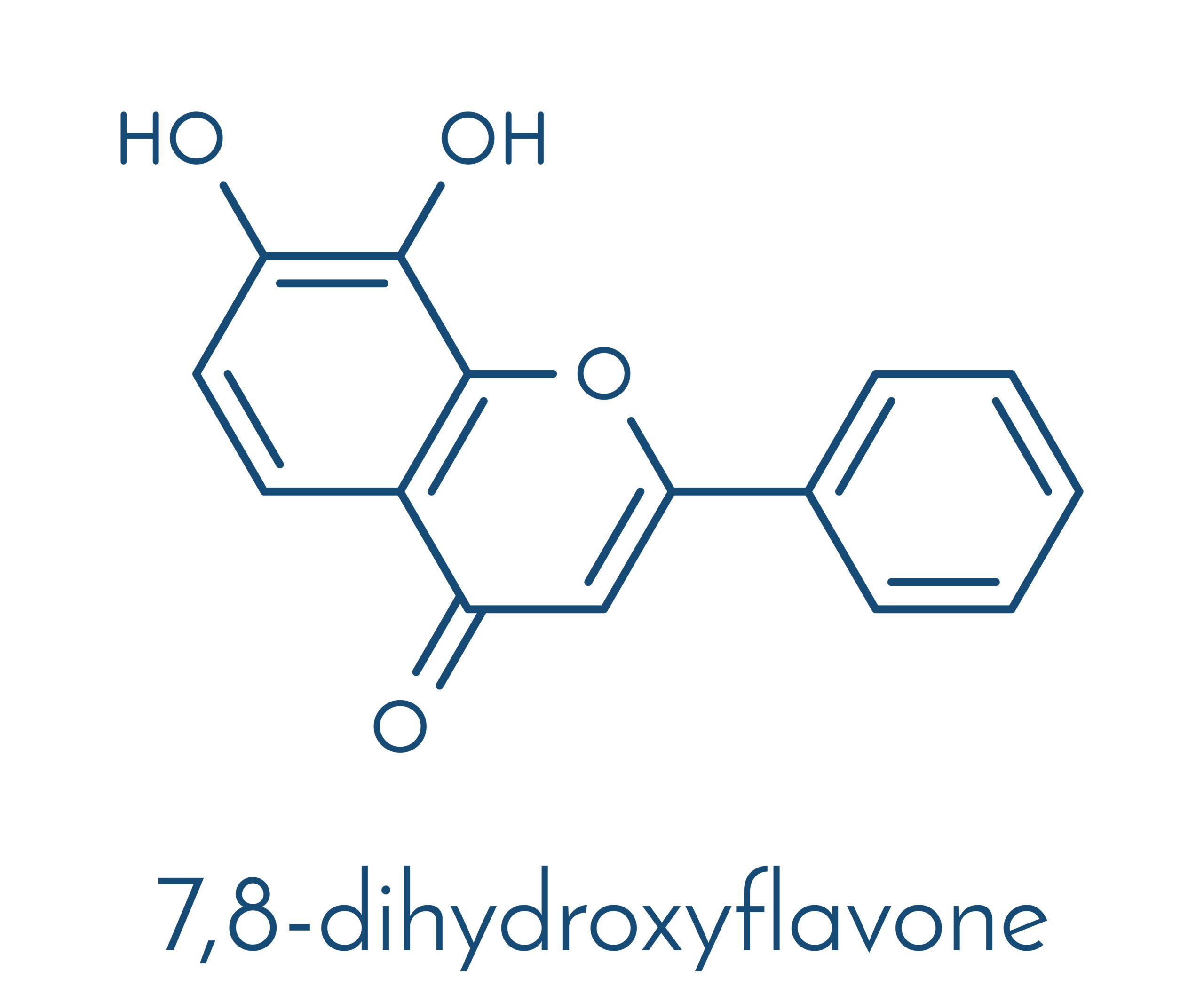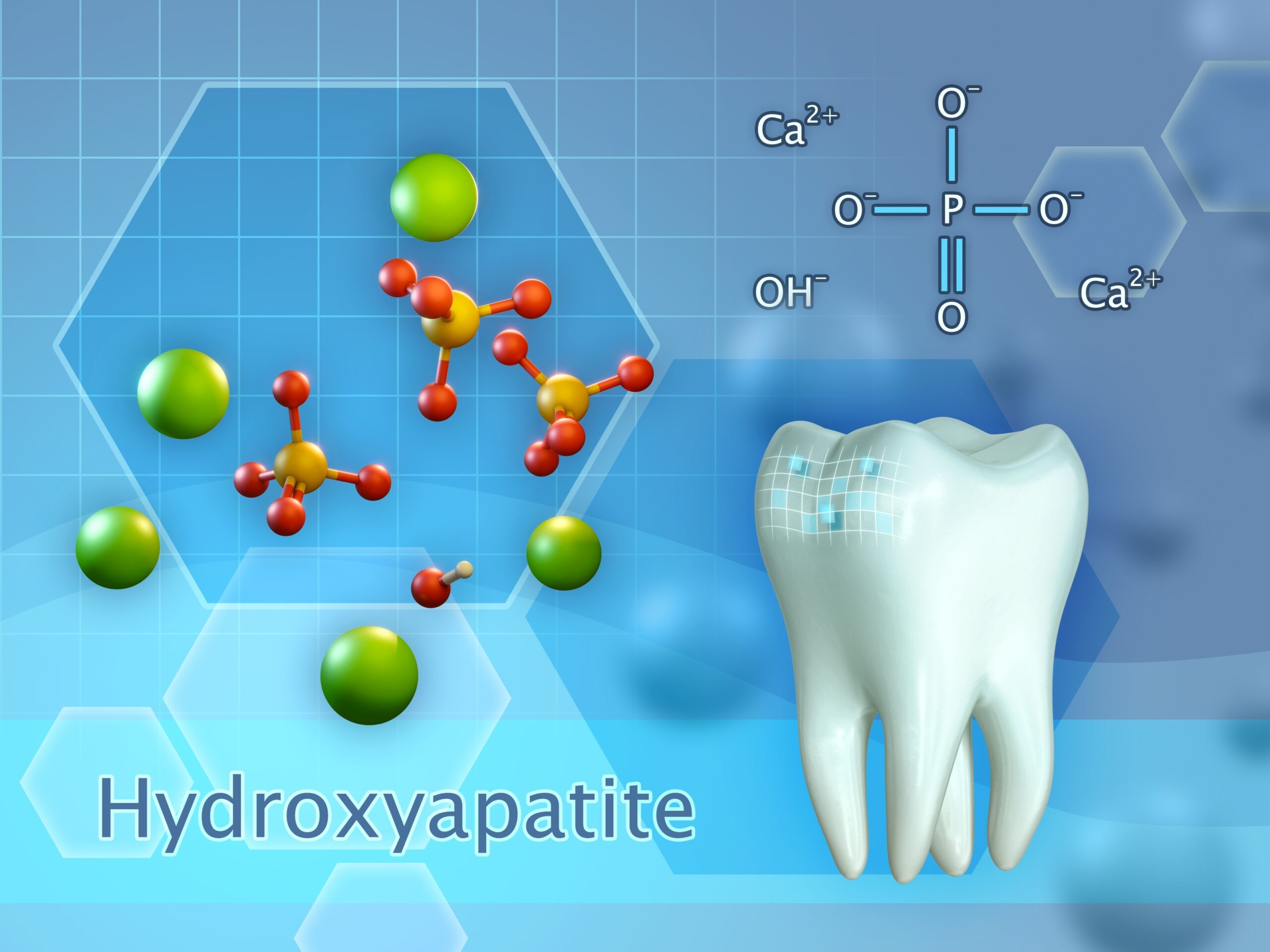Improving Skeletal Bone Density With Vitamin K2 MK-4
Bone density is a key marker of skeletal health, and maintaining strong bones is essential to reducing the risk of fractures, especially as we age. While nutrients like calcium and vitamin D have traditionally received the most attention, vitamin K2—specifically the MK-4 subtype—has emerged as a powerful ally in supporting bone density and preventing osteoporosis.
What Is Vitamin K2 MK-4?
There are many types of vitamin K2, referred to as menaquinones, labeled MK-4 through MK-13. MK-4 (menaquinone-4) is a short-chain version of vitamin K2 that is metabolised uniquely in the body. Unlike other forms, MK-4 is not commonly found in the diet in large amounts but is converted from vitamin K1 in certain tissues. It is found in animal-based foods like pastured eggs, butter, organ meats, and dairy—but in relatively low concentrations.
What makes MK-4 particularly notable is its biological activity in bone tissue. It accumulates in bones, where it plays a central role in activating proteins essential for mineralization and bone strength.
How MK-4 Supports Bone Density
The primary way MK-4 enhances bone density is through the activation of osteocalcin, a vitamin K-dependent protein synthesized by osteoblasts (bone-building cells). When activated, osteocalcin binds calcium and incorporates it into the bone matrix.
Without enough MK-4:
- Osteocalcin remains inactive.
- Calcium isn’t efficiently deposited into the bones.
- Over time, bones weaken and become more porous.
Additionally, MK-4 may suppress the activity of osteoclasts, the cells responsible for breaking down bone tissue, helping to maintain a positive balance between bone formation and resorption.
Clinical Evidence Supporting MK-4 for Bone Density
Vitamin K2 MK-4 is one of the most researched nutrients for osteoporosis prevention, particularly in Japan, where it has been used in high doses as a prescription treatment for osteoporosis for decades.
Key Findings:
- A Japanese study involving postmenopausal women showed that supplementation with 45 mg/day of MK-4 significantly increased bone mineral density (BMD) and reduced fracture rates compared to placebo.
- A 2001 clinical trial published in Journal of Bone and Mineral Research found that MK-4 supplementation improved lumbar spine BMD and prevented hip fractures in osteoporotic patients.
- Meta-analyses have shown that high-dose MK-4 significantly reduces vertebral, hip, and non-vertebral fractures in older adults, even in those already taking calcium and vitamin D.
How to Supplement with MK-4
Dosage
Clinical studies typically use 45 mg per day, divided into three doses of 15 mg. This high dose has been shown to be safe and effective, especially in populations at high risk for bone loss.
Timing and Absorption
MK-4 is fat-soluble and should be taken with meals that contain fat for optimal absorption.
Safety Considerations
Vitamin K2 MK-4 is considered safe and well-tolerated. However, if you are taking anticoagulant medications like warfarin, consult your doctor before starting supplementation, as vitamin K can interfere with blood clotting pathways.
MK-4 vs. MK-7: What’s the Difference?
While both are forms of vitamin K2, MK-4 and MK-7 behave differently in the body:
| Feature | MK-4 | MK-7 |
|---|---|---|
| Half-life | Short (hours) | Long (days) |
| Dosage | Typically 45 mg/day | Typically 90–200 mcg/day |
| Clinical Use | Osteoporosis treatment in Japan | Cardiovascular and general bone health |
| Target tissues | Preferential uptake in bone, testes, and pancreas | Longer circulation time in blood |
For those specifically targeting bone density and fracture prevention, especially with existing bone loss, MK-4 at therapeutic doses may be more appropriate.
Conclusion
Vitamin K2 MK-4 is a potent, clinically validated nutrient for improving bone density and preventing osteoporosis-related fractures. By activating bone-building proteins and supporting calcium deposition in the skeleton—not the arteries—MK-4 provides a targeted and effective approach to bone health.
Whether used alone or alongside calcium and vitamin D, MK-4 supplementation offers a promising strategy for those looking to maintain bone strength, reduce fracture risk, and support skeletal health naturally.
Disclaimer: This article is for informational purposes only and is not intended to replace medical advice. Always consult with a healthcare professional before beginning any new supplement, especially if you are on medication or managing a health condition.


